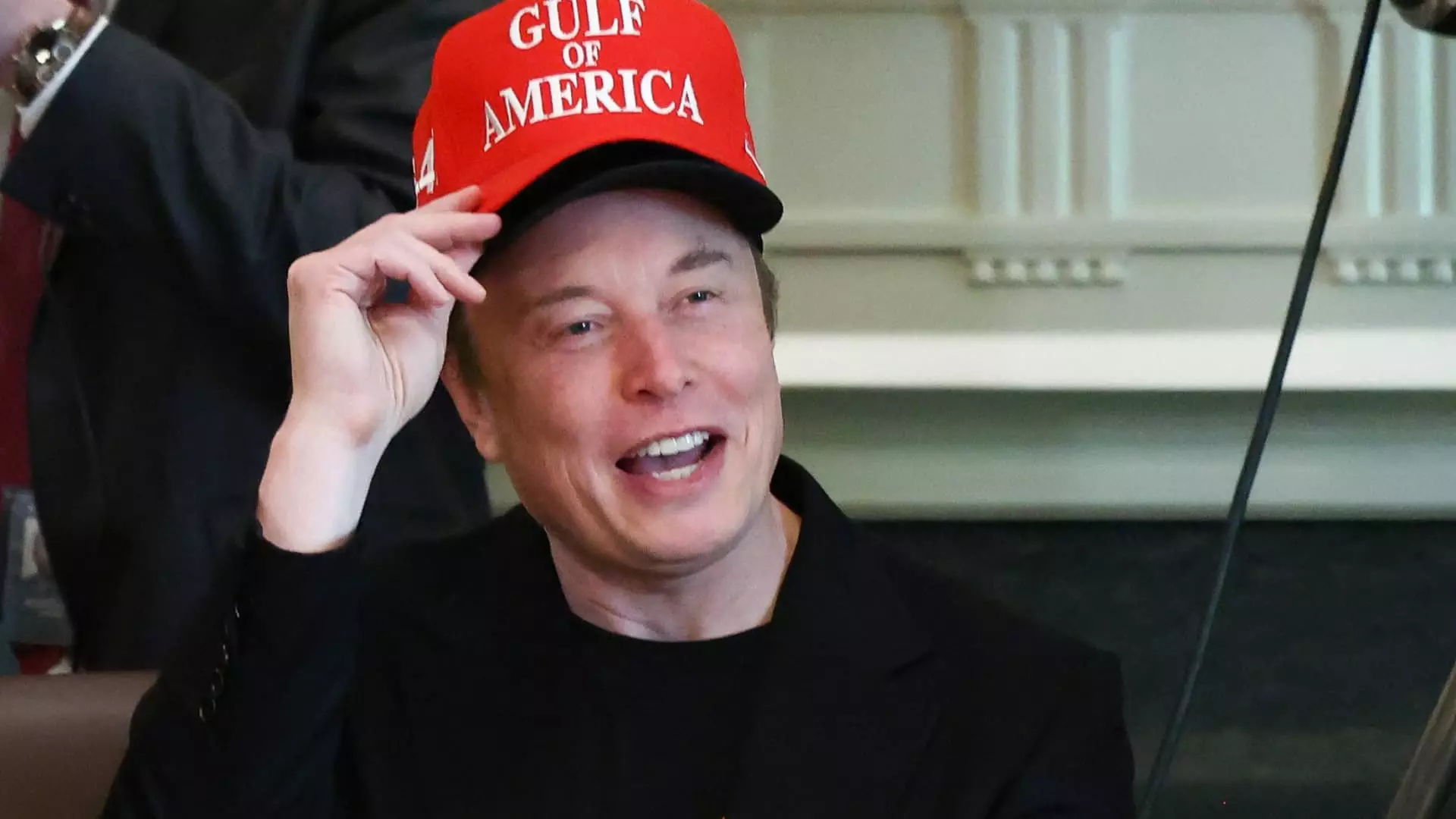Elon Musk’s tenure with the Trump administration, although fleeting, has sparked significant discussions about the role of innovative minds in public service. With his official departure from the Department of Government Efficiency, Musk not only thanked President Trump for the opportunity but underscored a philosophy focused on reducing bureaucratic waste. This announcement has prompted many to ponder whether business acumen can meaningfully reshape government structures that many deem cumbersome. Musk’s specialized government status allowed him to bring a fresh perspective to federal operations, challenging the entrenched customs that have persisted for decades.
Efforts to Refine Government Spending
One of Musk’s critical Voices during his tenure was his vocal criticism of a spending bill making its rounds in Congress. He suggested that such legislation undermined the very fabric of the efficiency initiatives the Department of Government Efficiency was meant to uphold. His idea of “DOGE,” a project targeting wasteful spending, aims to create a sustainable economic environment within the government, reflecting business practices that have propelled his tech ventures. Musk’s approach exhibits a recurring theme: merging technology with governance to create transformative change, and there’s a palpable sense of urgency in his assertions that bureaucratic inertia must be countered with proactive reforms.
Commitments Amid Controversy
Despite his focus on policy innovation, Musk is simultaneously navigating the tumultuous waters of legal challenges. Allegations of violating federal laws while leading the DOGE initiative have emerged, adding a layer of complexity to his ambitious government projects. Critics may argue that the legal risks indicate a recklessness that could taint his credibility. Yet, one cannot ignore his relentless spirit; he views every obstacle as fuel for further innovation. His engagements in Washington have been notably unconventional, putting in nearly every day-wide effort to advocate for efficient governance. This level of dedication raises intriguing questions about how leaders from non-political backgrounds can adapt to the traditional stringent frameworks of public service.
Balancing Two Worlds
As Musk steps away from his role in the government, he has expressed a desire to refocus on his multifaceted ventures, including Tesla and SpaceX. His capability to juggle high-stakes leadership roles across various entities showcases an almost superhuman capacity for multitasking that transcends usual expectations of an executive’s functions. Musk’s approach may be emblematic of a new breed of corporate leadership that marries the ambitions of the private sector with the needs of the public sphere. However, this duality also begs the question: Can Musk balance his corporate responsibilities while keeping personal ambitions at bay?
A Scalable Vision for Governance
Musk’s commitment to maintaining a small office at the White House signifies that his influence on government efficiency may continue, albeit in a more limited capacity. His vision of integrating cutting-edge technology and business strategies into the government system could lead to lasting changes, steering the public sector towards methodologies resonating with the modern economy. Whether or not his encounters with Congress bear fruit or lead to turbulence remains to be seen. As we watch the impacts of his brief tenure, both supporters and critics will grapple with the implications of infusing a tech mogul’s ethos into government practices. It’s a bold experiment in efficiency, one that could either revolutionize public service or illustrate the perils of executive overreach.

